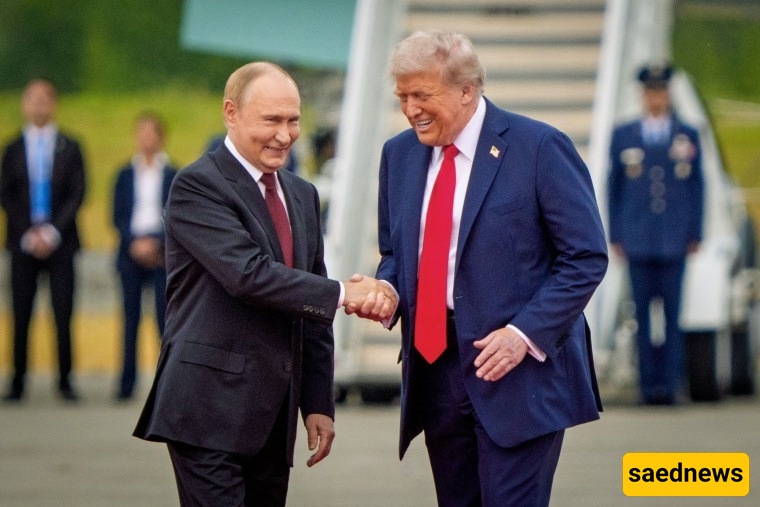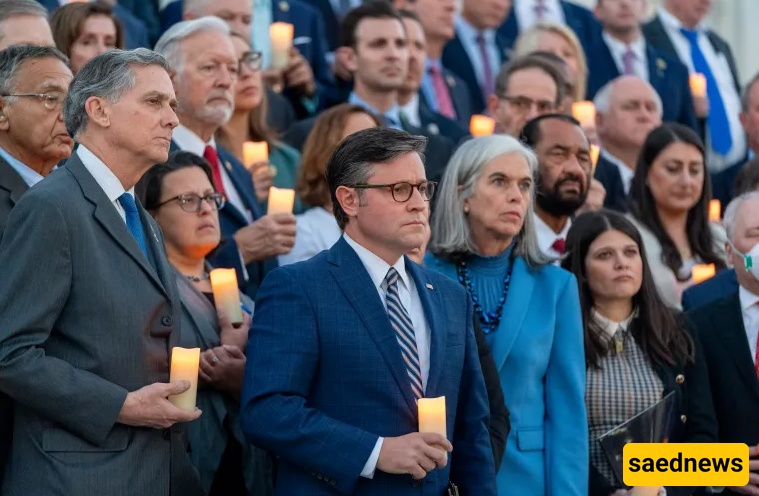SAEDNEWS: As Donald Trump prepares for talks with Vladimir Putin, a number of prominent Republican figures in Congress have indirectly and cautiously urged him not to show leniency toward the Russian president. These veiled messages are, in reality, a warning to maintain pressure on Moscow and avoid any agreement that could favor the Kremlin.

According to SaedNews, citing CNN, recent days have revealed a clear sign of a hidden rift within the Party, where party leaders preferred to avoid open confrontation with Trump and instead used soft but cautionary language to encourage him to maintain a tough stance against Moscow. Senator John Thune, a Republican leader in the Senate, emphasizing the need to continue economic pressure on Russia, said: “We are ready to pass sanctions that will force the Kremlin to sit at the negotiating table.” This position was, in fact, a clear message to Trump not to reduce sanctions.

Similarly, Lindsey Graham, another influential Republican senator, warned that if Putin refuses direct negotiations with Zelensky, the U.S. president must impose the toughest possible sanctions on Russia to severely damage its economy. Such statements indicate that part of the Republican body is deeply concerned that Trump’s personal approach toward Putin might be interpreted as appeasement.
These cautious positions can be seen as a form of “delicate pleading,” as Republicans do not want to openly oppose their political leader, yet they fear that any retreat toward Russia could place the U.S. in a position of weakness. In the current political climate, such messages are more of an attempt to guide Trump toward adopting a firmer policy against the Kremlin than outright opposition.
In summary, Republicans are caught in a duality: on one hand, they need to maintain party unity, and on the other, they do not want to send a global signal of U.S. leniency toward Russia. This contradiction has led them to frame their statements as veiled warnings and diplomatic requests—a message that effectively says: “Mr. President, please do not back down against Putin.”

